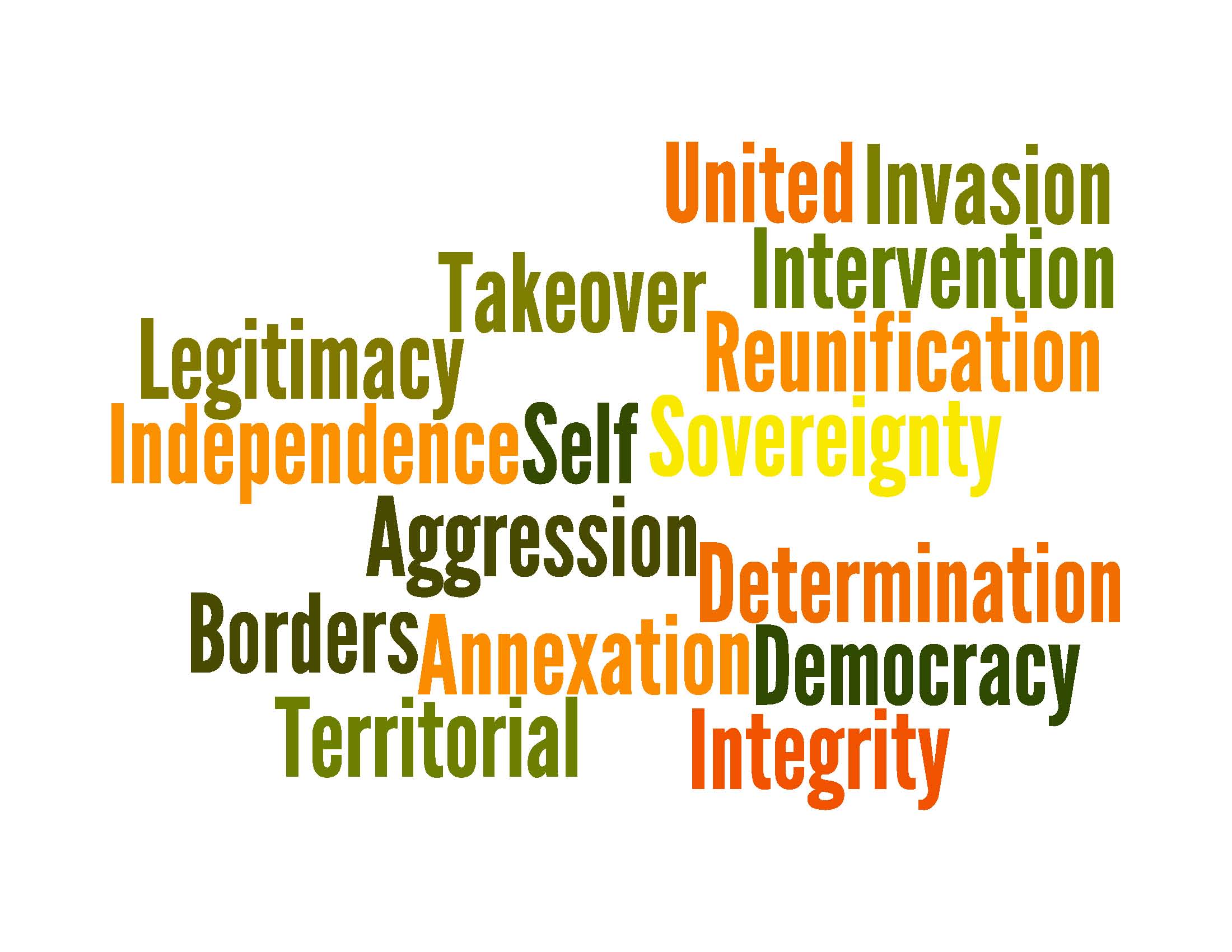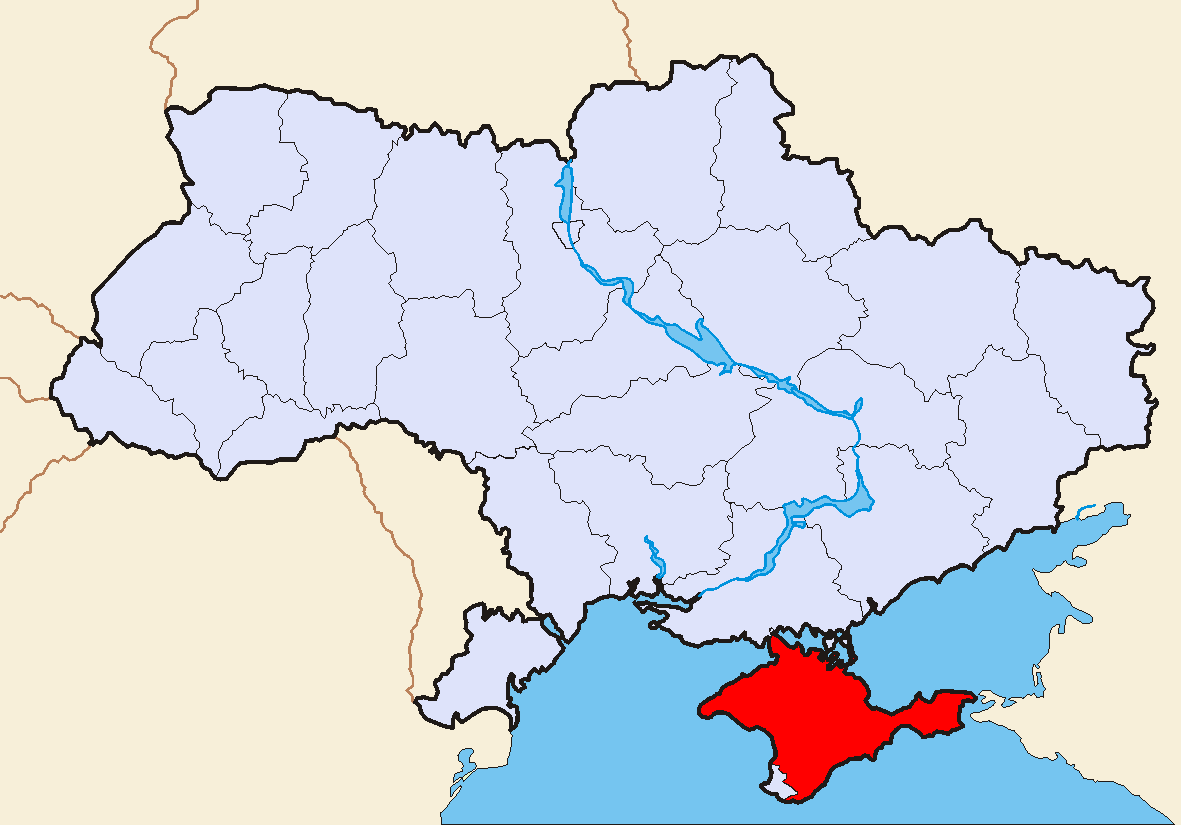In public diplomacy, words matters. The situation in Ukraine is not only a battle involving troops – it is a battle over language. All sides in the conflict will choose words that reflect their version of events on the ground. Words can have legal meaning, political weight, and public diplomacy implications.
Key words and phrases for public diplomacy watchers following this crisis:

For the United States, the key public diplomacy challenge will be consistency of language to build a strong public case for a “United Ukraine.” US policymakers will need to be careful to stay on message and avoid veering into dubious terrain by either invoking old Cold War language or creating moral equivalency arguments over “self determination”. For example, Chechens want to determine their own future. Some pro-Russian Crimeans want to determine their own future. Ukrainians want to decide their own future.
In the world of 2014, words travel as fast as technology. My best advice for the Administration: Whichever words President Obama uses should set the script for other policymakers to use. If not, conflicts over words will drive the story.



